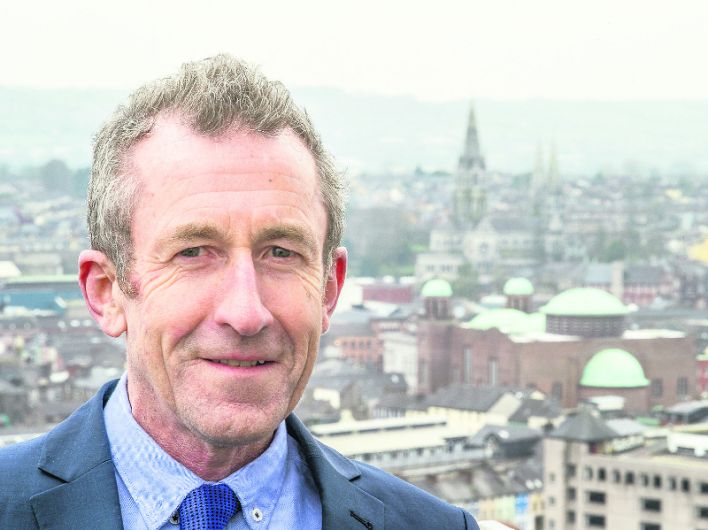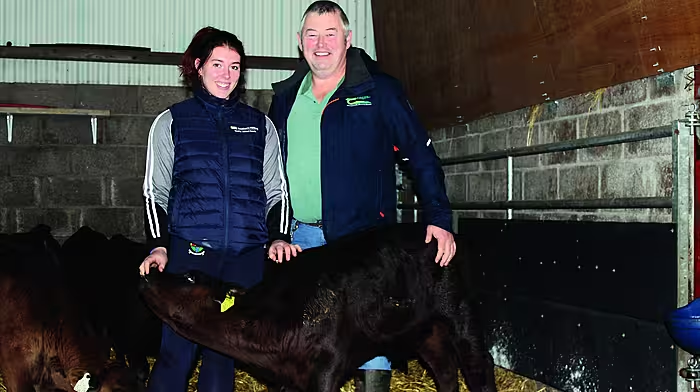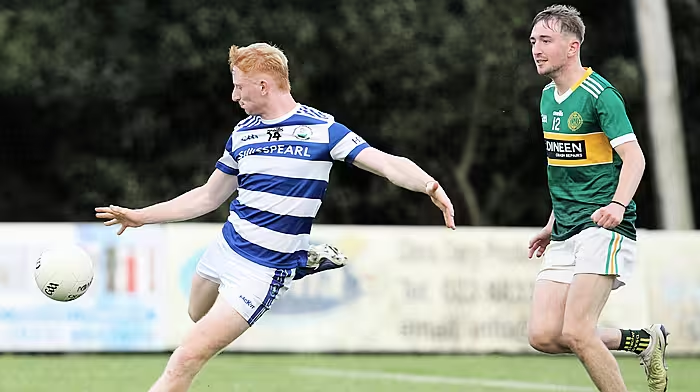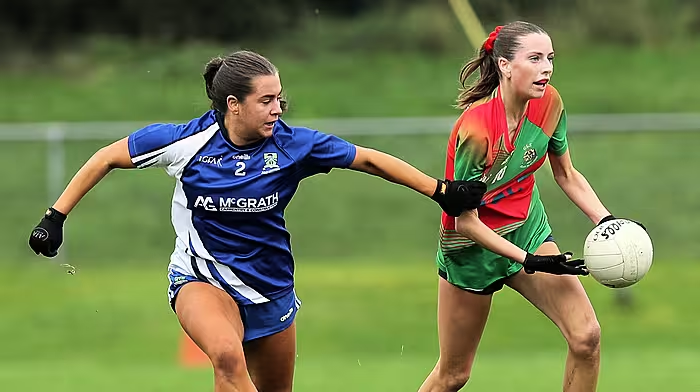Human rights and equality campaigner Kieran Rose made reference to his admiration for West Cork, as he launched his bid for the Senate this week.
HUMAN rights and equality campaigner Kieran Rose made reference to his admiration for West Cork, as he launched his bid for the Senate this week.
Rose is an independent candidate campaigning on a range of themes – including openness, transparency, and accountability.
Rose, a planner with more than 30 years’ experience, is standing for Seanad Éireann on the NUI panel. A native of Cork and a graduate of UCC, he is a lifelong equality and human rights campaigner. He is a Commissioner of the Irish Human Rights and Equality Commission and founder and co-chair of GLEN, the Gay and Lesbian Equality Network.
‘I began my equality and human rights campaigning in Cork, co-founding the Cork Gay Collective and the Quay Co-op in the early 1980s, and I was centrally involved in the Anti-Amendment campaign (the 8th Amendment). I also began my trade union activism in IMPACT and the Cork Council of Trade Unions,’ he said.
‘As a planner working with Cork County Council, I spent most of time working in West Cork, so I like to think I did my bit to protect the wonderful landscapes from unsympathetic developments,’ he told The Southern Star this week.
He added that he was ‘often struck by how beautiful and well functioning the towns and villages of West Cork were and are … great urban places such as Schull, Baltimore and Ballydehob ... some of the most attractive urban places in the country.’
He said that ‘there seemed to be a great love of these towns and villages, they were so well cared for, both by individuals and the Council, and a great innate understanding of what makes urban places work, like great parks and playgrounds.’
He added that this was at a time when Cork city and, more especially, Dublin city were in ‘dire straits’, in decline, and ‘the powers that be seemed not to bother or did not have an understanding of what needed to be done.’
‘While cities like Cork and Dublin have much improved, we could still learn much from the everyday urbanism of West Cork,’ he said.









